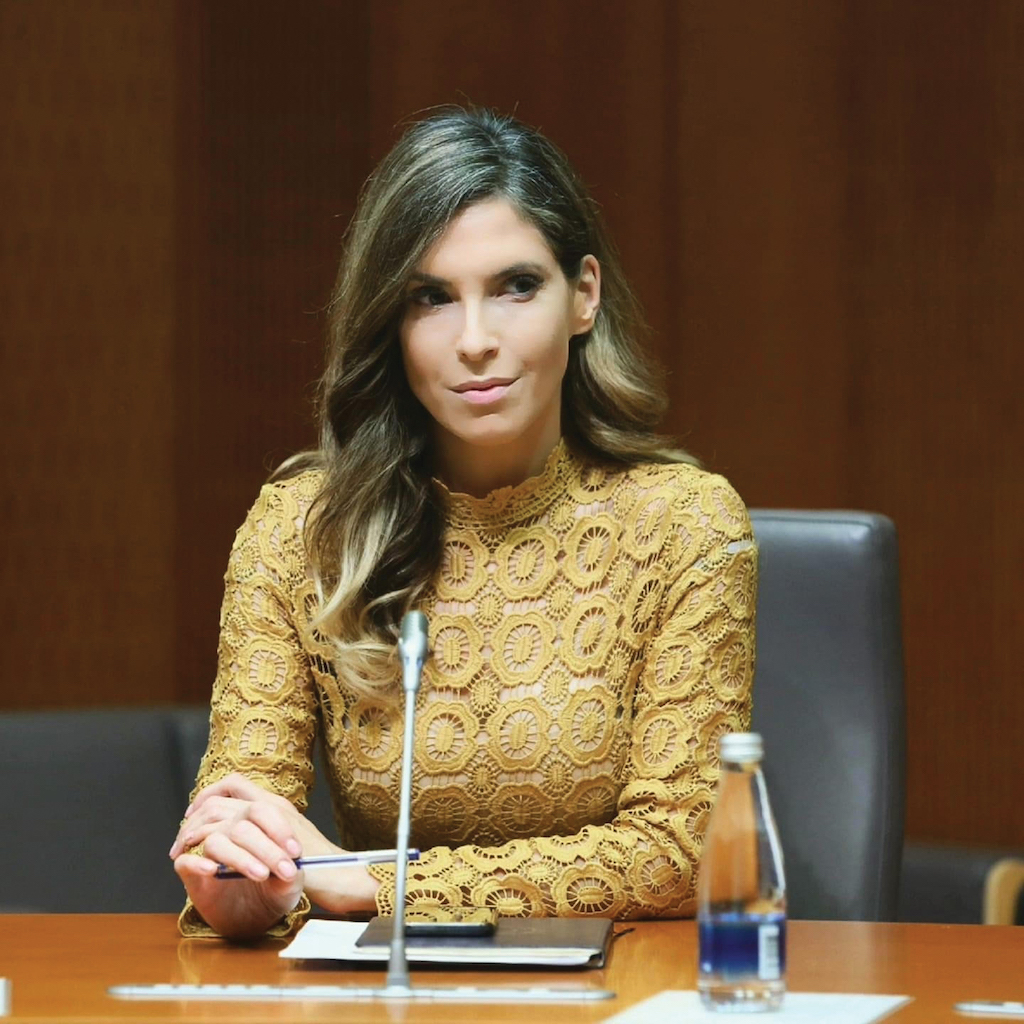By: Sara Kovač / Nova24tv.si
Inflation is rising, the prices of energy products, including electricity, are higher every day, which is not entirely understandable considering that we produce most of the electricity ourselves. “The question is rightly asked whether the measures taken by the current Government of the Republic of Slovenia are really only for the benefit of the citizens, or whether they are mainly for the benefit of electricity distributors,” was critical SDS MP Eva Irgl, who addressed the parliamentary question to the government in light of its actions.
In July of this year, according to the data of the Statistical Office of the Republic of Slovenia, we recorded the highest rate of inflation in a single month since August 1995. The recorded inflation at the annual level was 11 percent. In one year, the price of daily necessities rose by 11 percent. On average, the prices of goods were 14 percent higher. The prices of services were higher by 5.3 percent.
Daily consumption goods rose in price by 17.9 percent, durable goods by 10.5 percent, and semi-durable goods by 2.8 percent. MP Eva Irgl pointed out that the biggest contribution to annual inflation (as much as 2.1 percentage points) was the price increase of oil derivatives. Liquid fuels rose in price by 49.7 percent, gasoline by 41.1 percent, and diesel fuel by 41 percent.
At the same time, Irgl drew attention to higher food prices (the annual increase is as much as 13.4 percent), which contributed two percentage points to the annual inflation. “Among the increase in food prices, the price of bread and cereal products stands out by 16.2 percent and meat by 12.9 percent. The price of electricity rose by 30.4 percent and the annual index increased by 1.1 percentage points. Higher prices of natural and city gas (by 58.9 percent), solid fuels (by 49.2 percent), and thermal energy (by 43.3 percent) each contributed 0.4 percentage points. The annual price growth, measured by the harmonised consumer price index, was 11.7 percent (just for comparison, let me state that it was 2 percent in July 2021),” the MP pointed out.
The government’s set target for reducing inflation is absolutely too low
According to Irgl, annual inflation in Slovenia in July 2022 was above the average of the member states of the Eurozone and also above the average of the European Union. In the European Union, the annual inflation was 8.6 percent, and in the Eurozone, it was 8.9 percent. In the MP’s question addressed to Robert Golob’s government, the MP recalled the words of the Prime Minister, who said that his government had set itself the goal of reducing inflation. “Regardless of the fact that the objective of the Government of the Republic of Slovenia is to reduce inflation, the goal set is absolutely too low, as a reduction to 10 percent would still be concretely above the average of the Eurozone and the European Union,” warned Irgl.
It is known that the increase in the prices of energy products, including the increase in electricity prices, had a significant impact on the increase in the prices of energy products. “Given the structure of electricity generation in the Republic of Slovenia, which the Prime Minister of the Republic of Slovenia, as a long-time manager of a company dealing with trading and sale of electricity, knows well, the increase in electricity prices especially stands out,” the MP warned, adding that quite rightly, the question arises as to whether the measures taken by the current Government of the Republic of Slovenia are really only for the benefit of the citizens, or whether it is mainly for the benefit of electricity producers and distributors.
The MP addressed the following questions to the government:
- Given that we produce most of the electricity ourselves, I would like to know why the Republic of Slovenia has the second most expensive MWh among European countries?
- What measures will the Government of the Republic of Slovenia take to reduce inflation in the Republic of Slovenia?
- How will the measures of the Government of the Republic of Slovenia affect inflation in the Republic of Slovenia in the short and long term?
- What measures does the Government of the Republic of Slovenia envisage to prevent further increases in energy prices, including electricity prices?

